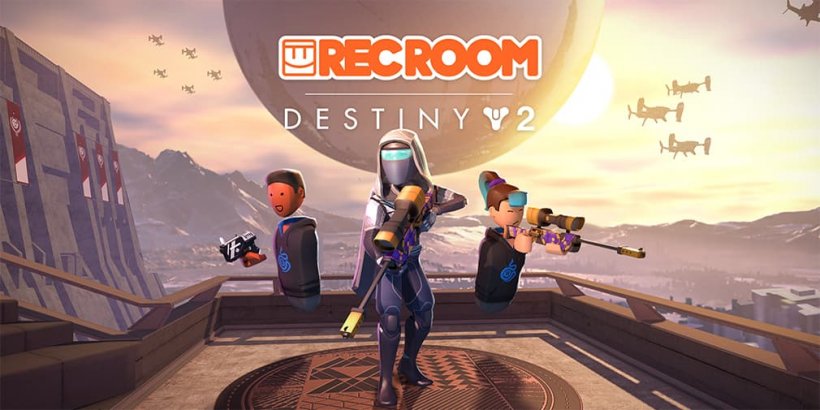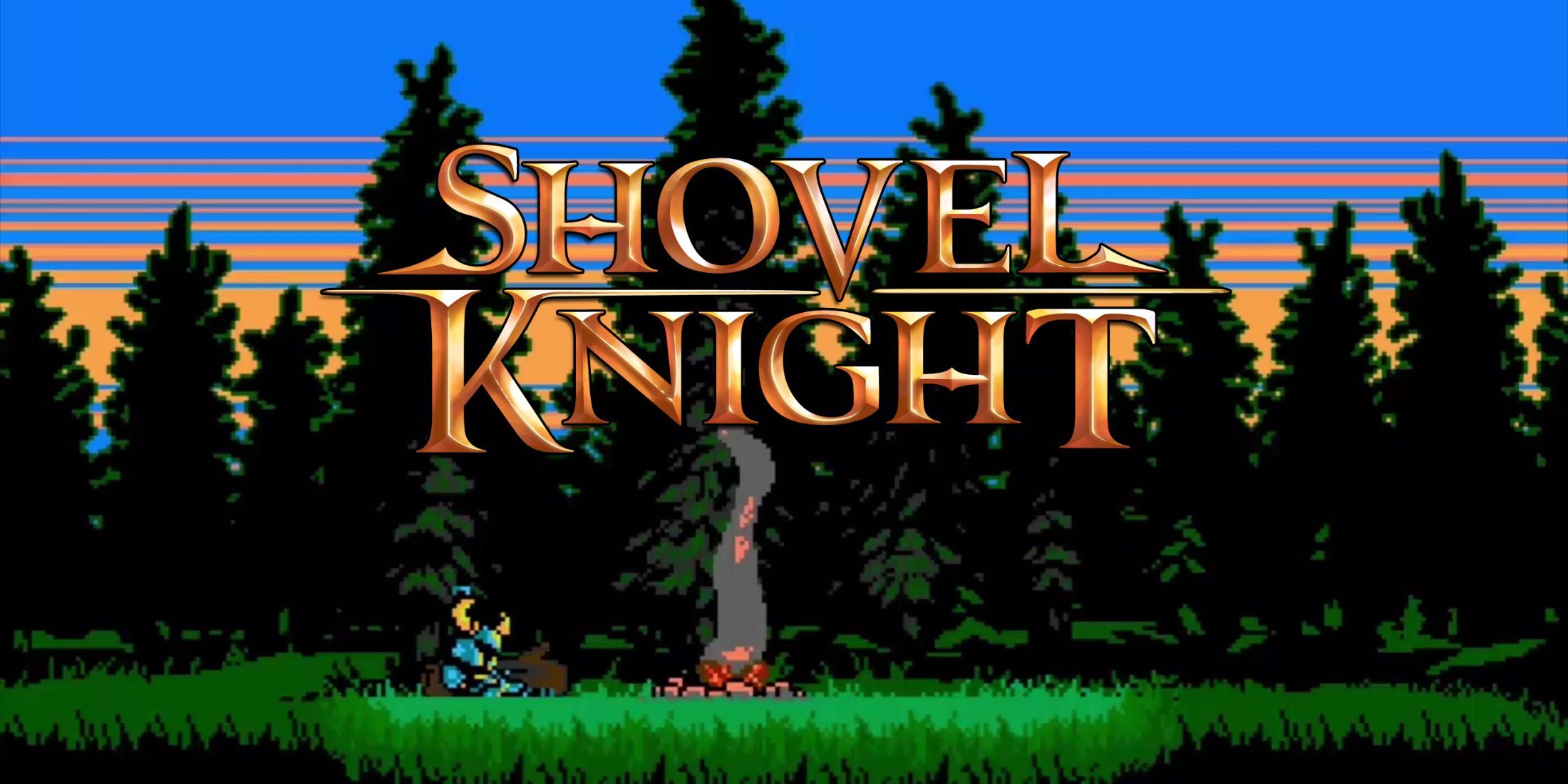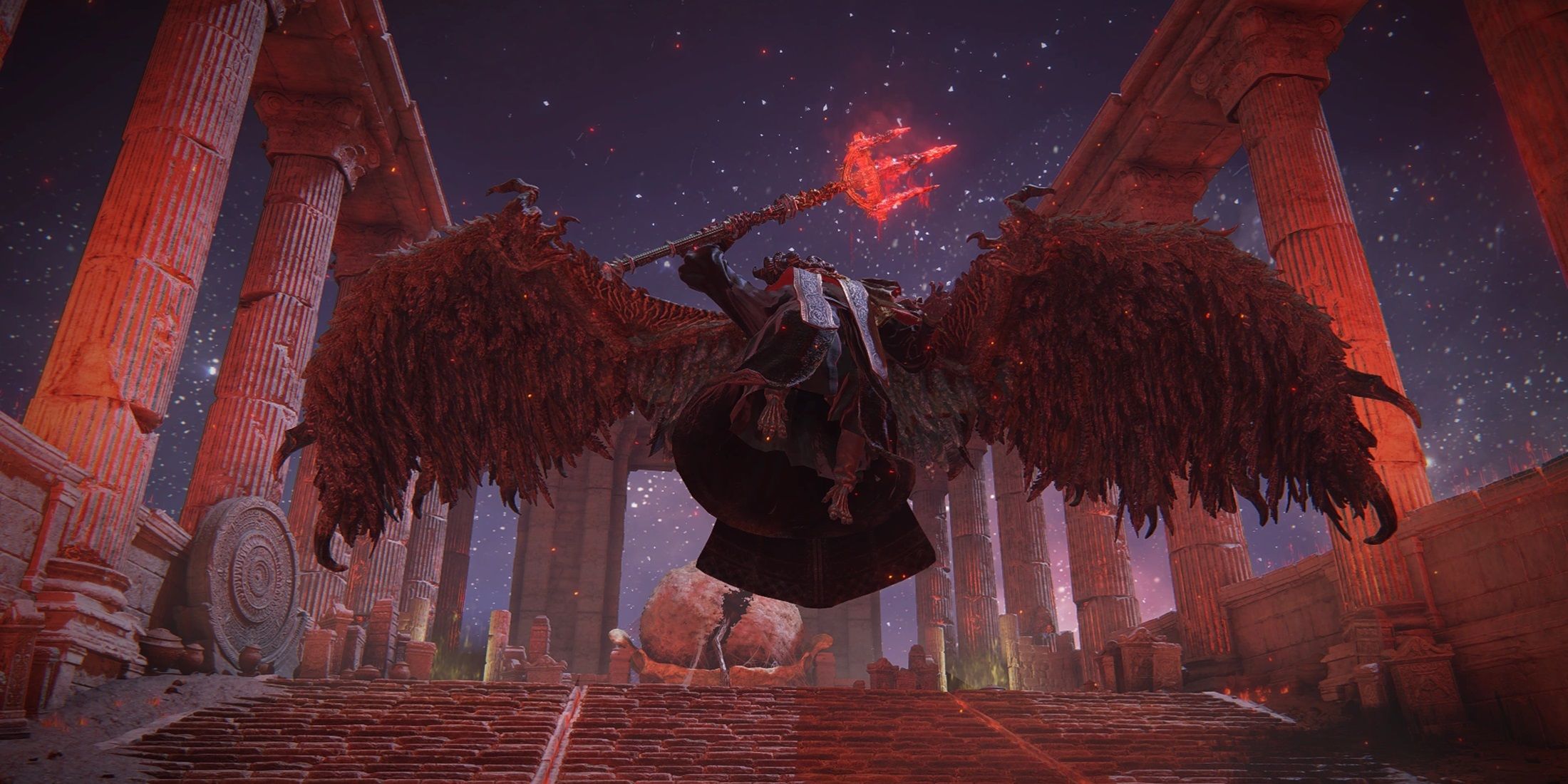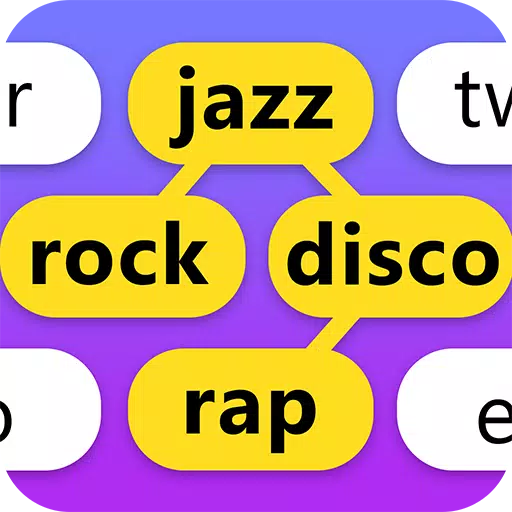The age-old debate between PlayStation and Xbox has been a cornerstone of the video game world for decades. Whether you've engaged in passionate discussions with friends, sparked debates on social media, or chimed in on Reddit threads, you've likely been part of this ongoing conversation. While some gamers swear by the versatility of PC gaming and others champion Nintendo's unique offerings, the rivalry between Sony and Microsoft has shaped much of the recent history of video games. But in an industry that has undergone significant transformations over the past year and the last two decades, is the so-called 'console war' still relevant? With the rise of handheld gaming and a new generation's proficiency in building custom gaming rigs, the landscape has changed dramatically. So, has a clear winner emerged? The answer might surprise you.
The video game industry has evolved into a financial powerhouse, with its global revenue soaring from $285 billion in 2019 to an impressive $475 billion in 2023. This figure surpasses the combined earnings of the global movie and music industries, which stood at $308 billion and $28.6 billion, respectively. Projections indicate that by 2029, the industry could reach nearly $700 billion, a far cry from its humble beginnings with games like Pong.
This remarkable growth has attracted Hollywood stars like Mads Mikkelsen, Keanu Reeves, Jon Bernthal, and Willem Dafoe, who have all lent their talents to video games in recent years. Their participation underscores a significant shift in how video games are perceived. Even giants like Disney are making strategic moves into gaming, with a $1.5 billion investment in Epic Games during Bob Iger's second term. This move aims to solidify Disney's presence in the gaming sector. However, not all companies are riding this wave of success smoothly, particularly Microsoft's Xbox division.
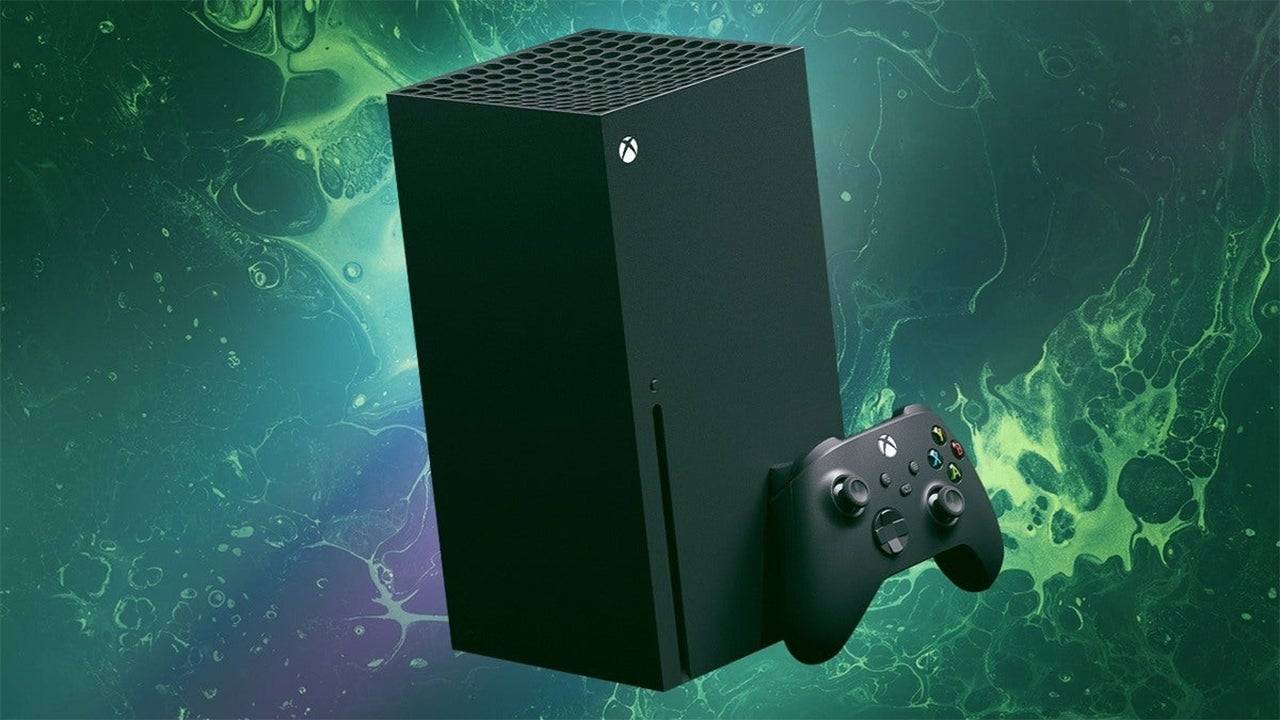
The Xbox Series X and S were designed to be a significant upgrade over the Xbox One, yet they have struggled to capture the market. Sales of the Xbox One still outpace those of the Series X/S by nearly double. Mat Piscatella from Circana, a leading analytics firm, suggests that the current console generation may have passed its peak sales period, casting a shadow over Xbox's future. In 2024, the Xbox Series X/S sold less than 2.5 million units for the entire year, while the PlayStation 5 sold the same number in just the first quarter. Rumors of Xbox potentially closing its physical game distribution department and withdrawing from console sales in the EMEA region add to the concerns. It seems that if Xbox was engaged in a 'console war,' it might be time to sound the retreat.
However, Xbox isn't just retreating; it has essentially surrendered. During the lengthy Activision-Blizzard acquisition process, Microsoft admitted that it never believed it had a real chance in the console war. Faced with lackluster sales of its latest console and public acknowledgment of its struggles, Microsoft is shifting away from the traditional console market. Xbox Game Pass has become a focal point, with the company willing to pay hefty sums to include AAA titles like Grand Theft Auto 5 and Star Wars Jedi: Survivor on its subscription service. Microsoft's 'This Is An Xbox' campaign hints at a new direction, positioning Xbox as a service rather than just a console.
This shift is evident in rumors of an Xbox handheld device and plans to create a mobile game store to rival Apple and Google. Xbox chief Phil Spencer has acknowledged the importance of mobile gaming, which is shaping the company's future strategy. The goal is clear: Xbox wants to be a gaming brand accessible anytime, anywhere.

Microsoft's pivot is driven by the undeniable rise of mobile gaming. In 2024, out of the estimated 3.3 billion gamers worldwide, 1.93 billion play on mobile devices. This includes casual gamers and has become the dominant force across all generations, particularly Gen Z and Gen Alpha. The total market valuation for the video game industry in 2024 reached $184.3 billion, with mobile games accounting for half of that at $92.5 billion, a 2.8% increase from the previous year. In contrast, console gaming's share was $50.3 billion, a 4% drop since 2023. It's no wonder Microsoft is keen to turn your phone into an Xbox.
The dominance of mobile gaming isn't a new phenomenon. By 2013, the Asian market for mobile gaming was already far surpassing the West, with South Korea and China leading the charge. That year, mobile games like Puzzle & Dragon and Candy Crush Saga out-earned even the legendary GTA 5. Looking back at the 2010s, mobile games like Crossfire, Monster Strike, Honor of Kings, Puzzle & Dragon, and Clash of Clans were among the highest-grossing titles, yet they often don't get the recognition they deserve.
Beyond mobile gaming, PC gaming has also seen significant growth. Since 2014, the number of PC gamers has increased by 59 million annually, reaching 1.86 billion by 2024. This rise was particularly pronounced during the COVID-19 pandemic in 2020, with an additional 200 million players. However, despite this growth, the PC gaming market's value in 2024 was $41.5 billion, still trailing behind consoles. The gap between console and PC gaming has widened from $2.3 billion in 2016 to $9 billion in 2024, suggesting a decline in PC gaming's market share.

While Xbox faces challenges, Sony's PlayStation 5 is thriving. Sony has sold 65 million PS5 units to date, significantly outpacing the 29.7 million combined sales of the Xbox Series X/S. For every Xbox sold, five PS5s find a home. Sony's Game and Network Services saw a 12.3% profit increase, driven by strong first-party sales like Astro Bot and Ghost of Tsushima Director’s Cut. Analysts predict that by 2029, Sony could sell 106.9 million PS5s, while Microsoft expects to sell around 56-59 million Xbox Series X/S units by 2027. To regain competitive ground, Microsoft needs to close the sales gap and boost the profitability of its exclusives, a challenge that current projections suggest might be difficult.
However, the PS5's success story isn't without its caveats. Half of PlayStation users are still playing on PS4s, despite the PS5 being well into its lifecycle. Of the top 20 best-selling games in the U.S. in 2024, only Marvel’s Spider-Man 2 is a true PS5 exclusive, ranking at #19. Excluding PS4 remasters, there are only about 15 genuine PS5 exclusives, which might not justify the console's $500 price tag for many. The $700 PS5 Pro's lukewarm reception further underscores this issue, with many feeling that the upgrade came too early in the cycle. The release of Grand Theft Auto 6 later this year could be the turning point for the PS5, showcasing its true potential.
So, is the console war over? For Microsoft, it appears they never believed they could win it. For Sony, while the PS5 has been successful, it hasn't yet proven to be the game-changer many hoped for. The real victor seems to be those who opted out of the traditional console battle altogether. As mobile gaming continues to grow, with companies like Tencent eyeing acquisitions like Ubisoft and already owning Sumo Group, the future of gaming is increasingly mobile. Even Take-Two Interactive's subsidiary Zynga has a massive reach, with 10% of the world's population playing its games monthly. This shift suggests that the next five years of gaming will focus less on hardware prowess and more on the strength and expansion of cloud gaming services. The console war may be over, but the mobile gaming war—and the myriad smaller battles it spawns—has just begun.

 Latest Downloads
Latest Downloads
 Downlaod
Downlaod




 Top News
Top News

